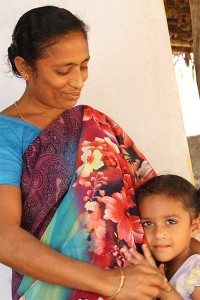
Aisha’s mother Susheela grew up in poverty, and had to leave school as a child to take care of her younger sisters. Susheela left home when she married, but her husband died when Aisha was just two years old. Facing destitution, the family moved back with Susheela’s parents, who could barely make ends meet themselves.
TB is a disease of poverty and Susheela is now suffering from TB for she felt ashamed to tell anyone about her illness due to stigma. But a local community health worker trained by TB Alert’s project TB Advocacy Programme (TAP) is supporting her through her treatment, and Susheela now talks openly about her TB.
To prevent Aisha from catching TB from hermother, she is being given a form of preventive treatment. Because a good diet and strong immune system are key to the treatment’s success, workers from TAP had campaigned at state level for children receiving such treatment to be given a double ration of the nutritional supplement provided to all children under six.
The ‘double ration’ was approved by the state government in 2012 – meaning that now twice a week Susheela receives plenty of rice, dhal, oil and eggs to help keep Aisha well.
“In our economic situation, we wouldn’t have been able to give her this much food to cope with her medicine. This has made her healthier and more energetic,” says a smiling Susheela.

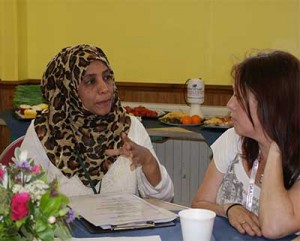 ‘Health buddy’ Sabine Jaulim is working in her local community to raise awareness of TB and battle stigma and myths surrounding the illness.
‘Health buddy’ Sabine Jaulim is working in her local community to raise awareness of TB and battle stigma and myths surrounding the illness.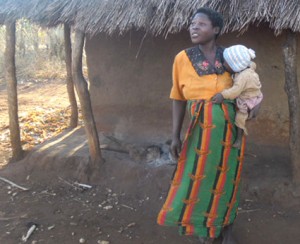 If you met Selina Phiri today, you’d find it hard to believe that just three years ago, this young woman’s life was completely shattered. Happily married with two healthy children, she spends her days tending the maize and pumpkins in her field in a small village in Zambia’s Eastern Province.
If you met Selina Phiri today, you’d find it hard to believe that just three years ago, this young woman’s life was completely shattered. Happily married with two healthy children, she spends her days tending the maize and pumpkins in her field in a small village in Zambia’s Eastern Province.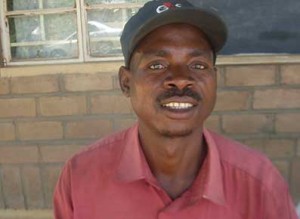 When Malawian farmer Medson Sakala was diagnosed with TB just two years after finding out he was HIV positive, he faced widespread stigma and discrimination.
When Malawian farmer Medson Sakala was diagnosed with TB just two years after finding out he was HIV positive, he faced widespread stigma and discrimination.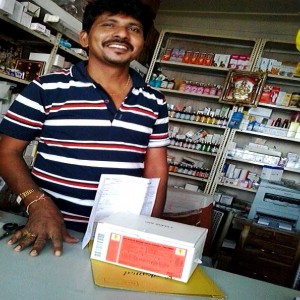
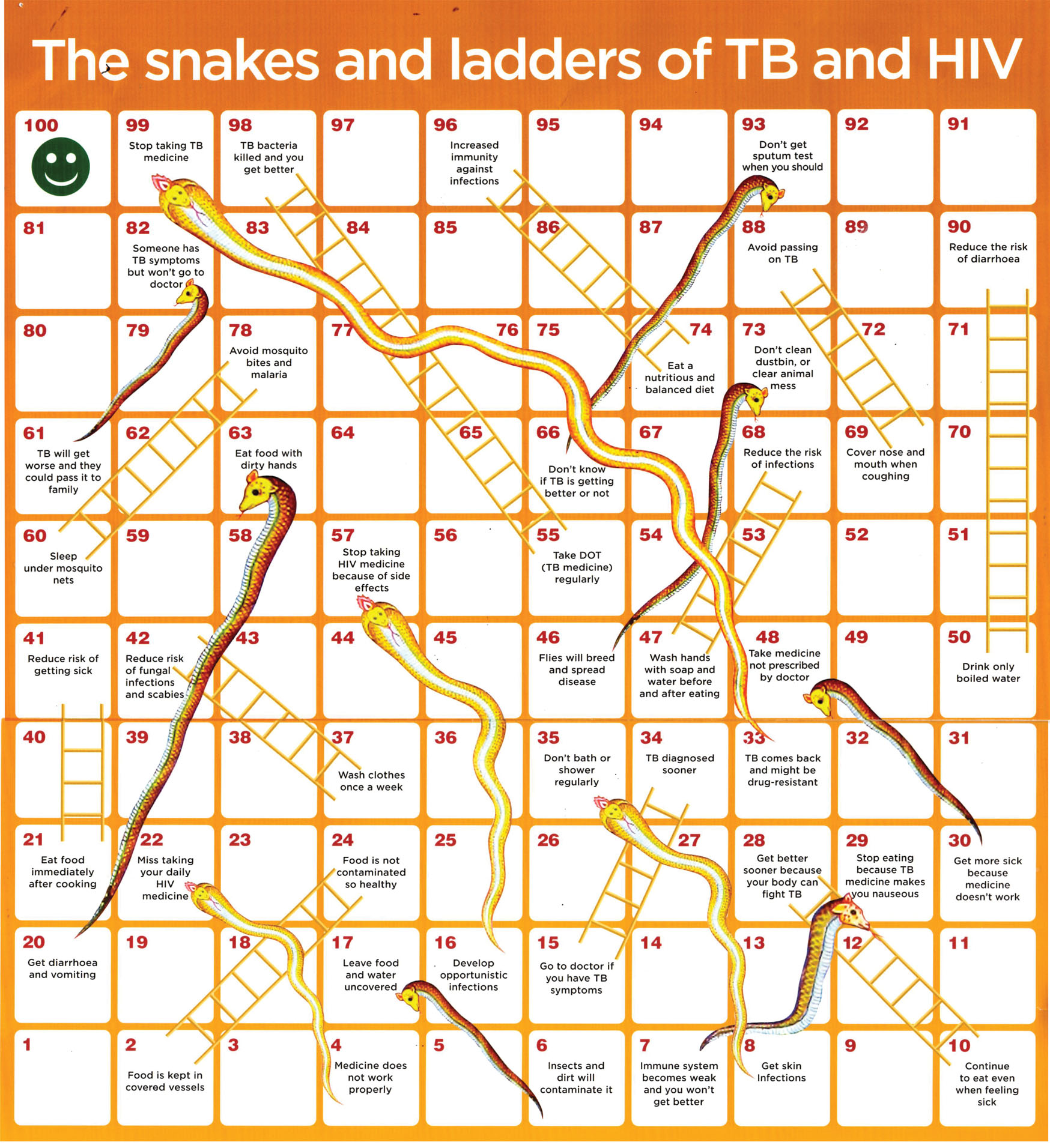
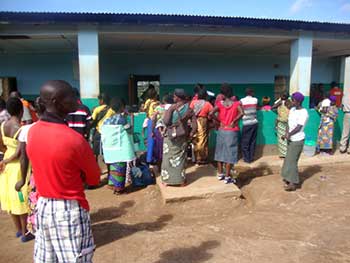 The Kamitondo Clinic can be found in Kitwe, in the Copperbelt District of Zambia. It is a busy, frequently congested, health centre providing services for both TB and HIV. The clinic’s clients include pregnant women who are receiving anti-retroviral therapy to prevent them passing on HIV to their unborn child.
The Kamitondo Clinic can be found in Kitwe, in the Copperbelt District of Zambia. It is a busy, frequently congested, health centre providing services for both TB and HIV. The clinic’s clients include pregnant women who are receiving anti-retroviral therapy to prevent them passing on HIV to their unborn child.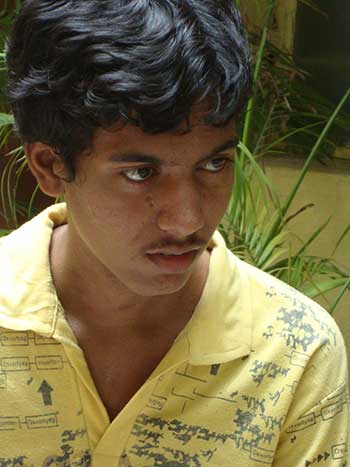 Swami, 17, is a leader of a school health support group run by TB Alert’s partner, VMM.
Swami, 17, is a leader of a school health support group run by TB Alert’s partner, VMM. When Louise became ill with a chest infection at the beginning of 2009, she wasn’t particularly concerned. It was not unusual for her to have this condition, which she assumed was a consequence of smoking. However, this time the infection did not respond to the antibiotics that she was prescribed.
When Louise became ill with a chest infection at the beginning of 2009, she wasn’t particularly concerned. It was not unusual for her to have this condition, which she assumed was a consequence of smoking. However, this time the infection did not respond to the antibiotics that she was prescribed.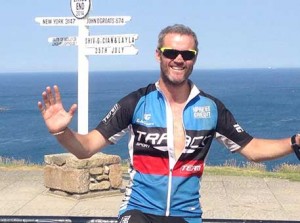 I wanted to mark a year free of drug-resistant TB by setting myself a real physical challenge. By doing the legendary John O’Groats to Land’s End cycle ride, I was able to prove to myself and the world that I’ve really got TB beat. It was also the perfect opportunity to raise money for TB Alert.
I wanted to mark a year free of drug-resistant TB by setting myself a real physical challenge. By doing the legendary John O’Groats to Land’s End cycle ride, I was able to prove to myself and the world that I’ve really got TB beat. It was also the perfect opportunity to raise money for TB Alert.